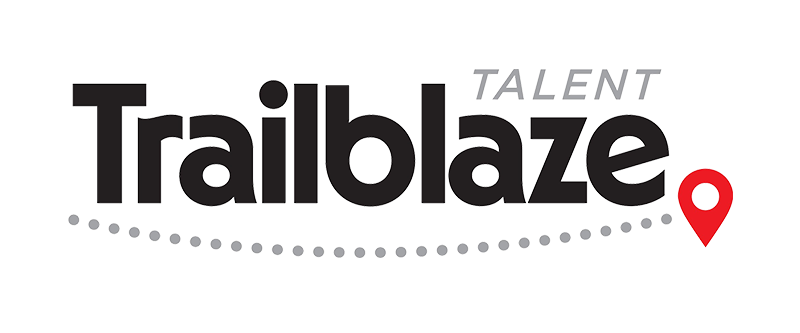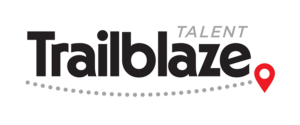
Best Tips to Master the Job Interview
In today’s competitive job market, acing the interview is crucial. Armed with job market insights, strategies for professional development, and understanding the nuances of talent acquisition, you can stand out as a candidate. Here’s how:
Research the Company: Deeply understanding the company’s culture, history, and goals is essential. This knowledge not only impresses interviewers but also helps you tailor your responses to align with the company’s values.
Practice Your Responses: Common interview questions are a gold mine for preparation. Craft thoughtful responses that highlight your skills and experiences. Practice out loud to build confidence.
Showcase Your Soft Skills: Employers are not just looking for technical skills; qualities like adaptability, communication, and teamwork are highly valued. Share examples from your past experiences that demonstrate these skills.
Ask Meaningful Questions: Asking insightful questions about the company’s challenges, culture, and expectations shows your engagement and interest. It also helps you assess if the company is the right fit for you.
Follow the STAR Method: When answering behavioral questions, structure your responses in the Situation, Task, Action, Result (STAR) format. This method helps in delivering clear and concise answers.
Emphasize Continuous Learning: Discuss your commitment to professional development. Employers value candidates who are dedicated to learning and growing in their careers.
Demonstrate Cultural Fit: Convey how your values align with the company’s. Cultural fit is a significant factor in talent acquisition.
Send a Thank-You Note: Post-interview, send a thank-you note to express your gratitude and reiterate your interest in the position. It’s a small gesture that can leave a lasting impression.
Reflect on Your Performance: After the interview, take time to reflect on your responses and the overall experience. Continuous self-evaluation is key to professional development.
In summary, mastering the job interview requires a mix of thorough preparation, effective communication, and understanding the latest job market insights. By employing these strategies, you will not only stand out as a candidate but also demonstrate your commitment to growth, a key aspect of talent acquisition in today’s job market.







